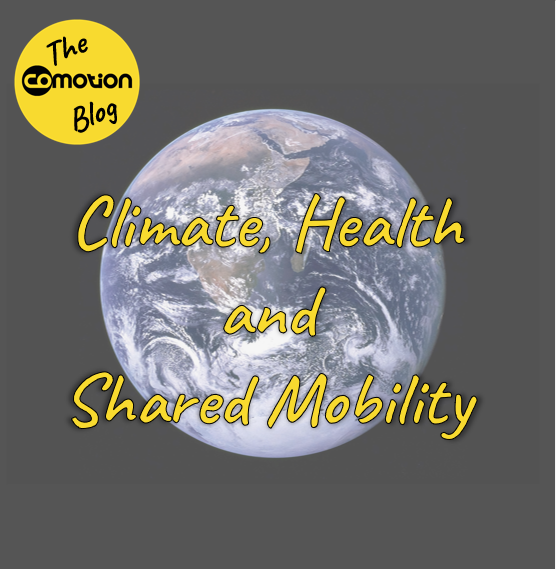
This week, the International Panel on Climate Change (IPCC), on behalf of the United Nations released their sixth assessment report. The report’s findings are alarming and highlight the urgent need for action to slow down global warming. Nothing new there you might say, but this time the IPCC unequivocally point the finger at human activity as being the primary cause for the extreme weather events which have become regular features on our news bulletins.
With such a complex problem as climate change, there is no one solution. What is required is a paradigm shift, a societal change in the way we live, work and get around.
Shared mobility is one method by which the continuing issues of air pollution and climate change can be tackled. According to the Environmental Protection Agency (EPA), traffic emissions are the primary source of nitrogen oxides in Ireland. These gases are linked to respiratory issues in humans and contribute to greenhouse gases and acid rain. The World Health Organisation (WHO), describes air pollution as the “single biggest environmental health risk”. The EPA believes that unless we reduce the volume of cars on the road, we are at risk of failing to meet EU limits for Nitrogen Dioxide. Considering they attribute 1,300 deaths per annum to poor air quality, we need to change the way we get around, especially in urban areas.
Shared mobility will not solve all our climate & pollution problems, but it can be a significant part of the solution. The Transportation Research Journal cited research carried out in the US which suggests that carsharing organisations can reduce users individual transport energy use and greenhouse gas emissions by approx. 51%.
Sources:
Environmental Protection Agency (Ireland).
The International Panel on Climate Change.
The World Health Organisation.
Transportation Research Journal. Part D: Transport and Environment.
By: Terry Gallagher, Operations Director

